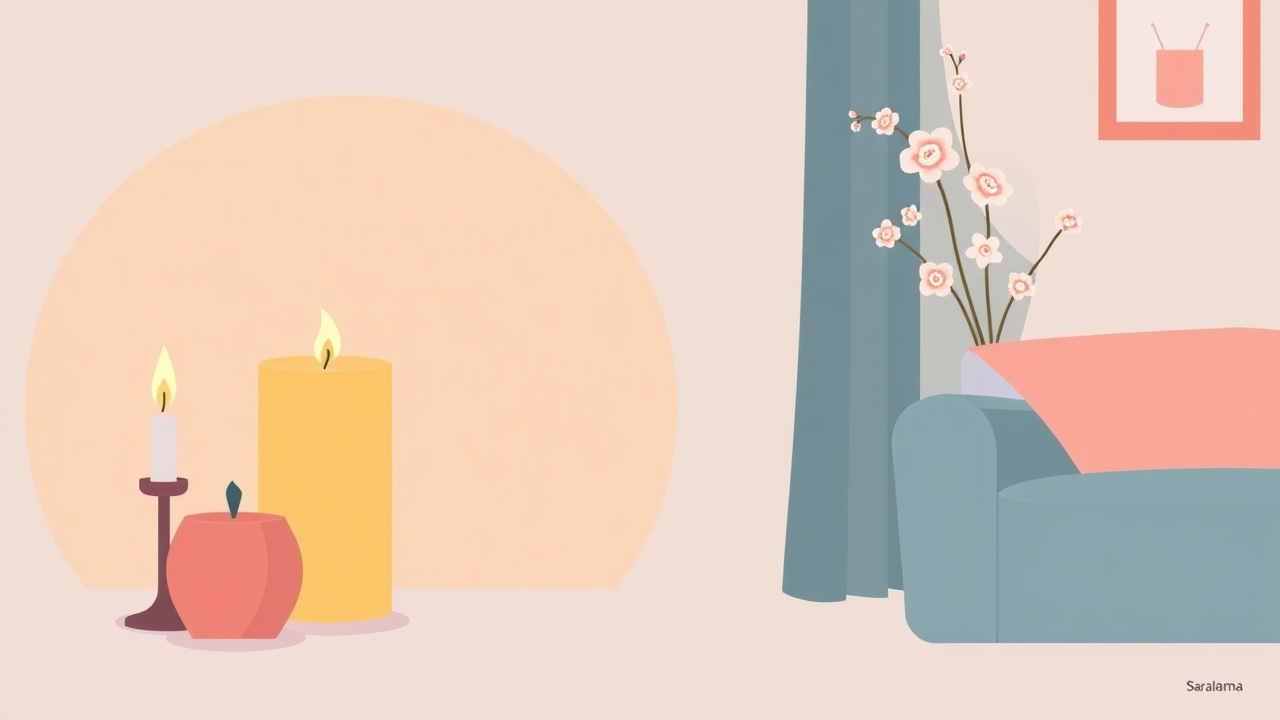A viral warning from Dr Saurabh Sethi, a gastroenterologist trained at Harvard and Stanford, has brought attention to three toxic household items, with scented candles being the most surprising. While plastic cutting boards and damaged non-stick cookware are known hazards, scented candles pose a silent health risk due to harmful chemicals they release. Dr Rashi Agrawal, Consultant in Endocrinology at Kokilaben Dhirubhai Ambani Hospital in Navi Mumbai, explains that many scented candles contain phthalates, also known as phthalic acid. These substances are classified as endocrine-disrupting chemicals that interfere with hormone function. They can mimic natural hormones, block their production, or disrupt normal hormonal balance. This interference can lead to serious health problems, especially for pregnant women, children, and people with existing hormonal imbalances. The risks range from pregnancy complications to fertility issues, making it important to consider safer alternatives for home fragrance.

Health Risks and Safer Alternatives
Exposure to phthalates in scented candles is linked to multiple health concerns. Pregnant women face risks including preterm labor, preeclampsia, and stillbirth. Children exposed to these endocrine-disrupting chemicals may experience premature puberty, leading to long-term hormonal imbalances. Research also shows phthalates interfere with insulin regulation, increasing risks of insulin resistance, diabetes, and metabolic syndrome, potentially contributing to obesity. Both men and women planning families should be aware that phthalates affect fertility. Men may experience low sperm count and reduced sperm quality, while women face damage to egg cells and reduced egg numbers. To maintain a fragrant home safely, experts recommend switching to beeswax or soy wax candles without toxic additives, essential oil diffusers using pure plant-based oils, or homemade potpourri made with citrus, herbs, and spices.
Source: Link
